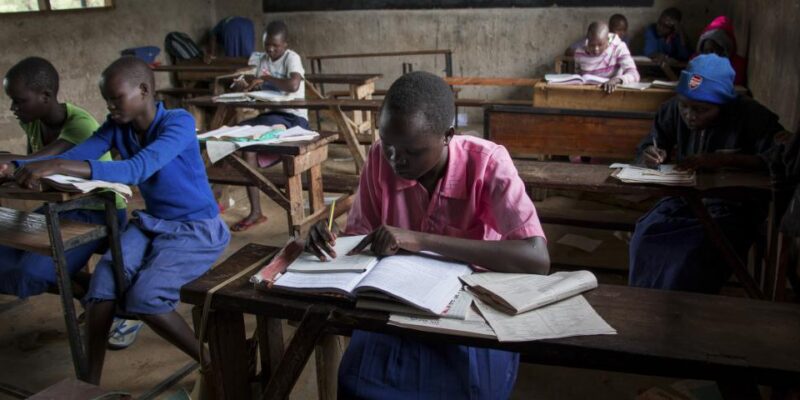Zambia and other African countries lose US$29 billion in education finance due to excessively low tax rates, according to a new report by the Tax and Education Alliance.
The report compiled by the Alliance said that this was also compounded by the aggressive tax evasion by the wealthiest companies and individuals.
Under the report, it was also established that a staggering 18.8 million girls are out of primary school in Africa who can be put back into school using the lost money.
The Transforming Education Financing in Africa: A Strategic Agenda for the African Union Year of Education briefing revealed that sealing loopholes used for tax abuse and ensuring fair taxation can raise an additional US$146 billion in Africa every year.
It was noted that an allocation of 20 percent or US$29.2 billion of these additional funds to the education sector would be sufficient to cover costs for 25 million primary school children.
The report analysed the negative impact of regressive taxation policies, debt, and austerity on education funding in Africa.
Susan Otieno, the Country Director of ActionAid Kenya, said: “It is appalling that there are over 18 million girls missing school in Africa when appropriate action by our governments to address gaps in taxation, debt, and austerity offers an opportunity to address this challenge.”
Additionally, the report showed that 28 of the 52 African Union countries studied were spending over 12 percent of their national budgets on debt repayment.
It said 15 of these countries were already spending more on debt servicing than education.
Under the burden of the debt crisis, the International Monetary Fund had advised 96 percent of the countries to cut or freeze spending on public sector workers leading to cuts in salaries, and restrictions in hiring new staff, including teachers.
Ashina Mtsumi, Coordinator of the Tax and Education Alliance, said: “Women and girls bear the brunt of austerity and debt in Africa.”
Mtsumi stated that evidence suggested that austerity measures often have a disproportionately negative impact on girls’ access to education, hindering their individual development and limiting their future opportunities.
Solange Akpo, Regional Coordinator Africa Network Campaign on Education for All (ANCEFA), said: “Decisive action is required on tax, debt, and austerity to transform education financing across Africa and to get the ball rolling towards inclusive and gender transformative education.”
Education International’s Africa Director, Dennis Sinyolo, said, “African governments should take immediate policy, legislative and financing measures to end the teacher shortage.”
Sinyolo stated that in line with EI’s Go Public! Fund Education campaign, AU member states should ensure that every African child was taught by a qualified, supported and motivated teacher with decent salaries and working conditions.
WARNING! All rights reserved. This material, and other digital content on this website, may not be reproduced, published, broadcast, rewritten or redistributed in whole or in part without prior express permission from ZAMBIA MONITOR.












Comments